Κείμενο
Χαίρετε, ονομάζομαι Στέλιος Πανταζής, είμαι γιατρός εξειδικευμένος στην ιατρική διατροφολογία και στις διαταραχές του μεταβολισμού και σήμερα θα μιλήσουμε για το πιο τοξικό τρόφιμο στον κόσμο, τον σολωμό, και συγκεκριμένα τον σολωμό από ιχθυοκαλλιέργεια. Στην συνέχεια θα σας πω τι μπορείτε εσείς να κάνετε για να προστατέψετε εσάς και τους δικούς σας ανθρώπους. Θα σας παρουσιάσω μια μελέτη που δημοσιεύτηκε πριν αρκετά χρόνια και με έκανε να σταματήσω να συστήνω σολωμό από ιχθυοκαλλιέργεια στα 2 κέντρα ιατρικής διατροφολογίας που ηγούμαι. Το 2004 δημοσιεύθηκε μια μελέτη που μετρούσε τα επίπεδα τοξινών σε 700 ψάρια, συνολικού βάρους περίπου 2 τόνων, που αγοράστηκαν σε μεγάλες πόλεις της Βόρειας Αμερικής και της Ευρώπης. Οι ερευνητές εξέτασαν σολομούς από ιχθυοκαλλιέργειες και πελαγίσιους και μέτρησαν δεκατέσσερις χημικές ουσίες, συμπεριλαμβανομένων τοξινών όπως PCB, διοξινών, διελδρίνης και τοξαφαίνης. Όλες αυτές είναι λιπόφιλες τοξίνες που συσσωρεύονται στο λίπος των ψαριών. Δυστυχώς, τα ευρήματα ήταν συγκλονιστικά: οι ερευνητές συμπέραναν ότι οι τοξίνες που είναι συσσωρευμένες στο λίπος των σολομών από ιχθυοκαλλιέργεια ήταν πολλές φορές περισσότερες σε σχέση με τα πελαγίσια ψάρια. Οι τοξίνες αυτές περιλαμβάνουν τις διοξίνες και το PCB, που αμφότερα θεωρούμε ότι αυξάνουν τον κίνδυνο ορισμένων καρκίνων και είναι επιβλαβή για τους αναπτυσσόμενους εγκεφάλους των εμβρύων και των βρεφών. Το μέσο επίπεδο διοξίνης στον εκτρεφόμενο σολομό ήταν 11 φορές υψηλότερο από ό, τι στον άγριο σολομό, ενώ το μέσο επίπεδο PCB ήταν 9 φορές υψηλότερο. Η μελέτη συνέδεσε επίσης τα επίπεδα τοξινών σε σχέση με την τοποθεσία. Δηλαδή, ο σολομός ιχθυοκαλλιέργειας από την Ευρώπη ήταν πιο μολυσμένος σε σχέση με τα ψάρια από τη Βόρεια ή τη Νότια Αμερική. Τα πιο μολυσμένα δείγματα προέρχονταν από τη Σκωτία και τον Βόρειο Ατλαντικό και τα λιγότερο μολυσμένα δείγματα εκτροφής προέρχονταν από τη Χιλή και τις ΗΠΑ. Ωστόσο, ακόμη και ο λιγότερο μολυσμένος σολομός εκτροφής είχε ακόμη σημαντικά

υψηλότερα επίπεδα τοξινών σε σχέση με τον πελαγίσιο σολωμό. Ο λόγος που ο σολωμός ιχθυοκαλλιέργειας έχει περισσότερες τοξίνες είναι η τροφή που του δίνεται, ένα ιχθυάλευρο που αποτελείται από αλεσμένα ψάρια και ιχθυέλαιο από λίγα μόνο είδη ψαριών του ωκεανού. Αυτά τα είδη συσσωρεύουν τις τοξίνες από μολυσμένο νερό που απορρέει από τη γεωργία και τη βιομηχανία που καταλήγει στους ωκεανούς. Μετά από αυτά τα επιστημονικά ευρήματα οι ερευνητές προτείνουν τον περιορισμό της κατανάλωσης σολωμού ιχθυοτροφείου σε μόλις μισό έως ένα γεύμα το μήνα, δηλαδή 50-100 γραμμάρια τον μήνα. Τι μπορεί όμως να κάνει ο καταναλωτής για να προστατευτεί και τι εναλλακτικές υπάρχουν. Αρχικά, καλό είναι να σταματήσει κάποιος να τρώει σολωμό ιχθυοκαλλιέργειας αμέσως ή να τον περιορίσει σημαντικά. Οι διοξίνες μένουν στο σώμα μας σχεδόν όλη μας την ζωή και σταδιακά συσσωρεύονται στο λίπος και κάνουν βλάβη στην υγεία μας πρακτικά για πάντα. Το επόμενο είναι να στραφεί κάποιος στον πελαγίσιο σολωμό. Αυτή η λύση θα περιορίσει σημαντικά την έκθεσή του σε τοξίνες, αλλά θα βλάψει αρκετά την τσέπη του, καθώς ο πελαγίσιος σολωμός είναι αρκετά ακριβός. Και προσωπικά δεν πιστεύω ότι αξίζει αυτά τα χρήματα. Η καλύτερη λύση είναι τα μικρά και οικονομικά ψάρια που θα βρείτε στα ιχθυοπωλεία. Οι σαρδέλες, ο γαύρος, το σκουμπρί, οι γόπες και ο κολιός είναι ψάρια πολύ οικονομικά και πλούσια σε ωμέγα-3 λιπαρά, τα καλά λιπαρά που βρίσκουμε στα ψάρια. Αυτά είναι τα ψάρια που πρέπει να στρέψετε την προσοχή σας για συστηματική κατανάλωση. Οι μελέτες έχουν δείξει ότι η επιβάρυνση τους σε τοξίνες είναι πάρα πολύ χαμηλή και το κόστος τους επίσης. Φυσικά, είναι καλύτερα να τα τρώτε ψητά ή βραστά και όχι τηγανιτά. Αν βρήκατε το θέμα ενδιαφέρον, σας παρακαλώ, να πατήσετε το κουμπί μου αρέσει, να το μοιραστείτε με άτομα που θα το βρουν ενδιαφέρον και να εγγραφείτε στο κανάλι για να σας ενημερώνουμε για μελλοντικά θέματα. Επίσης, μπορείτε να χρησιμοποιήσετε τα σχόλια για να ζητήσετε να παρουσιάσουμε ένα θέμα στο

μέλλον. Σας ευχαριστώ πολύ. Δείτε εδώ την μελέτη https://www.researchgate.net/profile/David_Carpenter2/publication/8925030_Global_Assessment_of_Organic_Contaminants_in_Farmed_Salmon/links/0deec526fcb66ee1d0000000/Global-Assessment-of-Organic-Contaminants-in-Farmed-Salmon.pdf

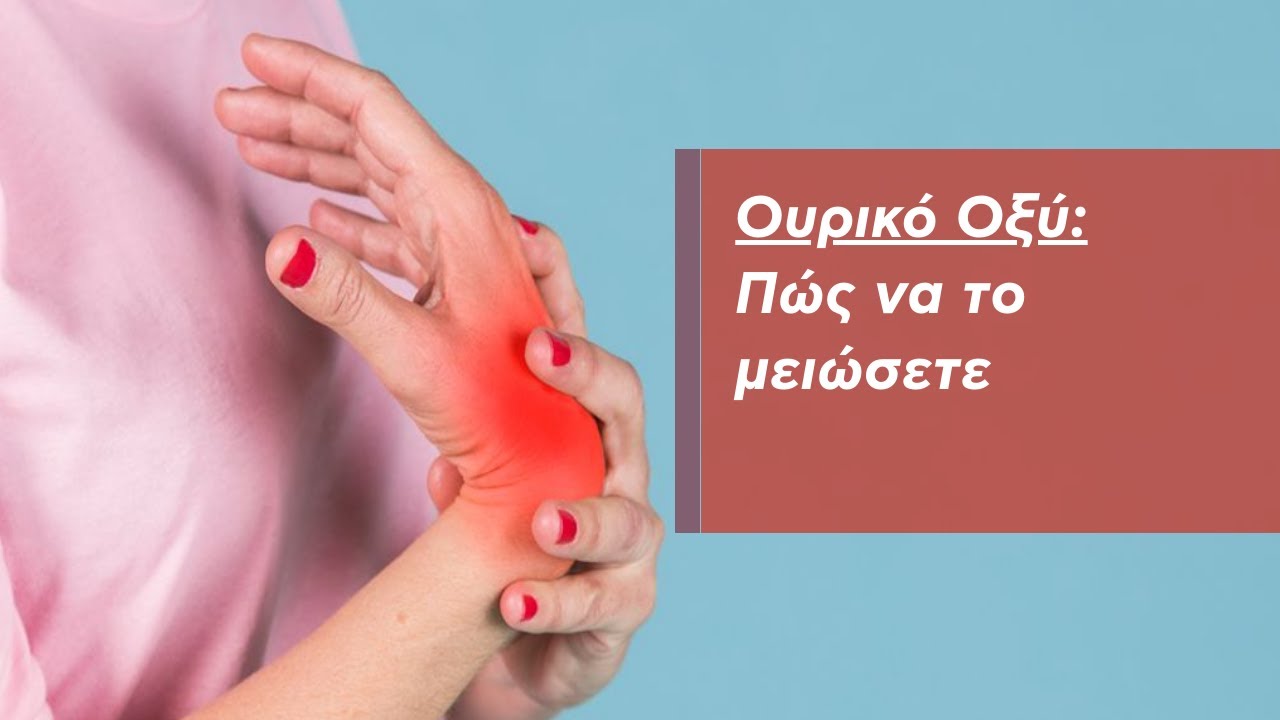
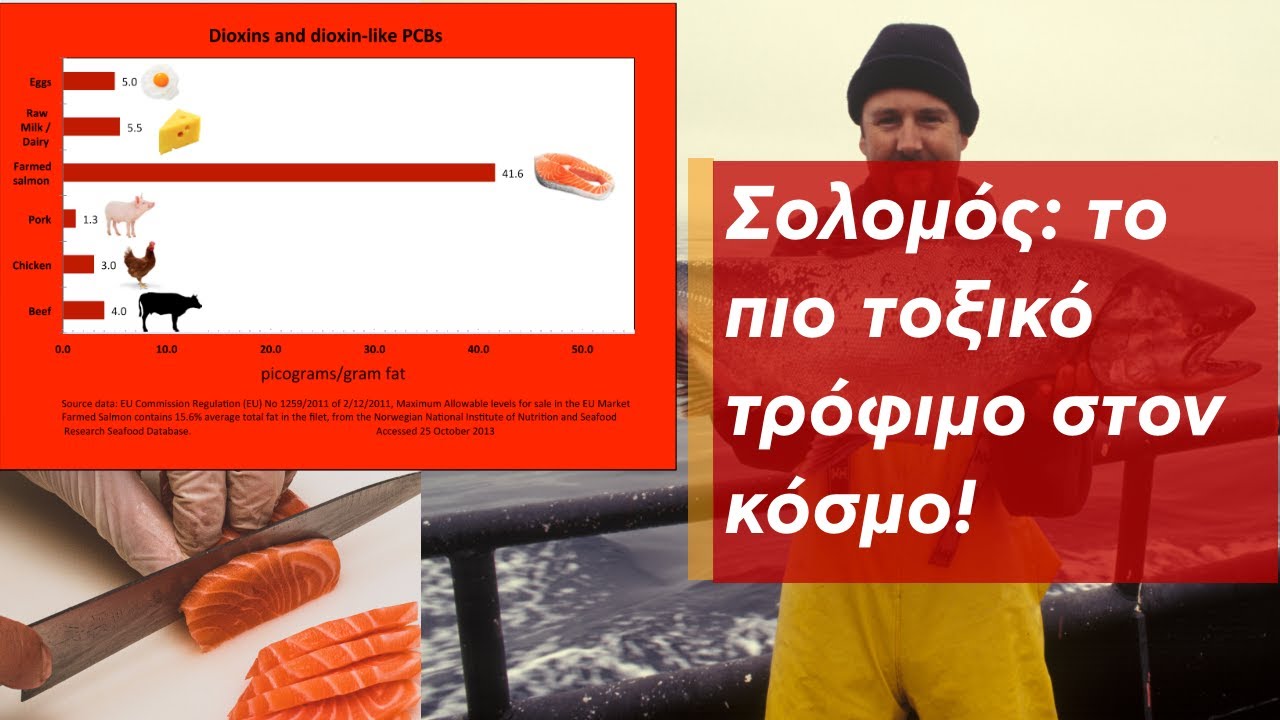
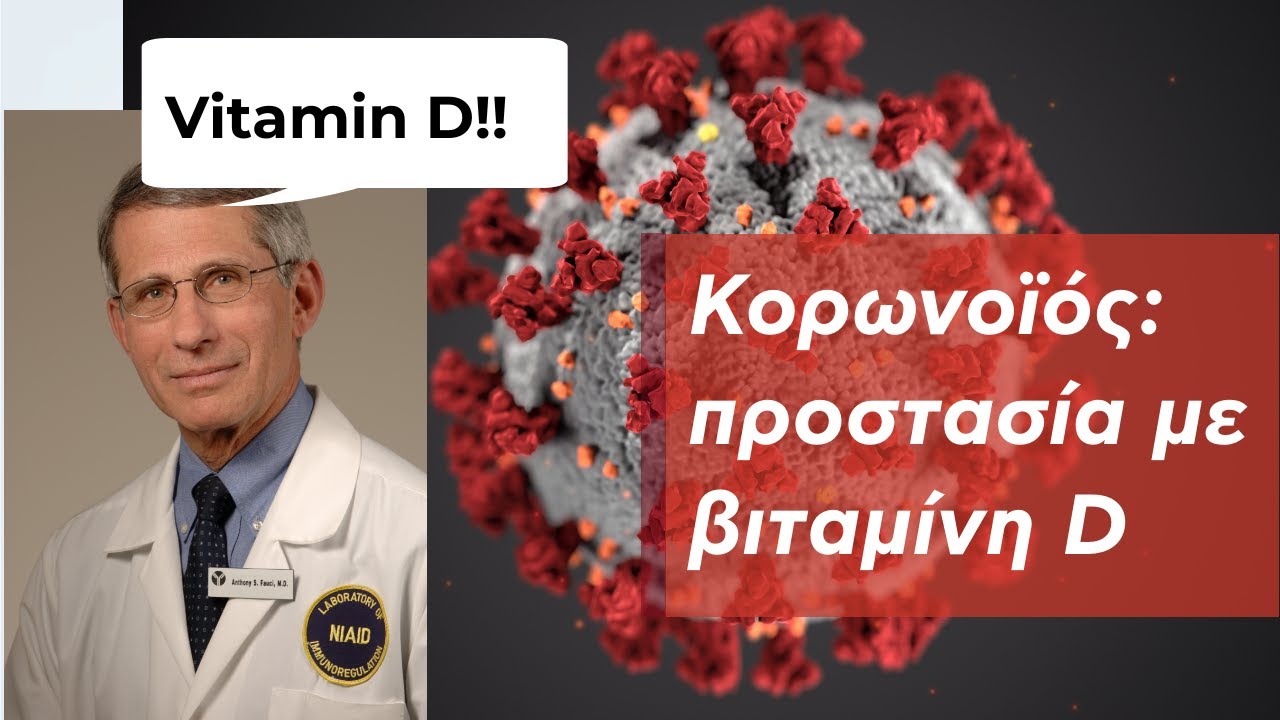
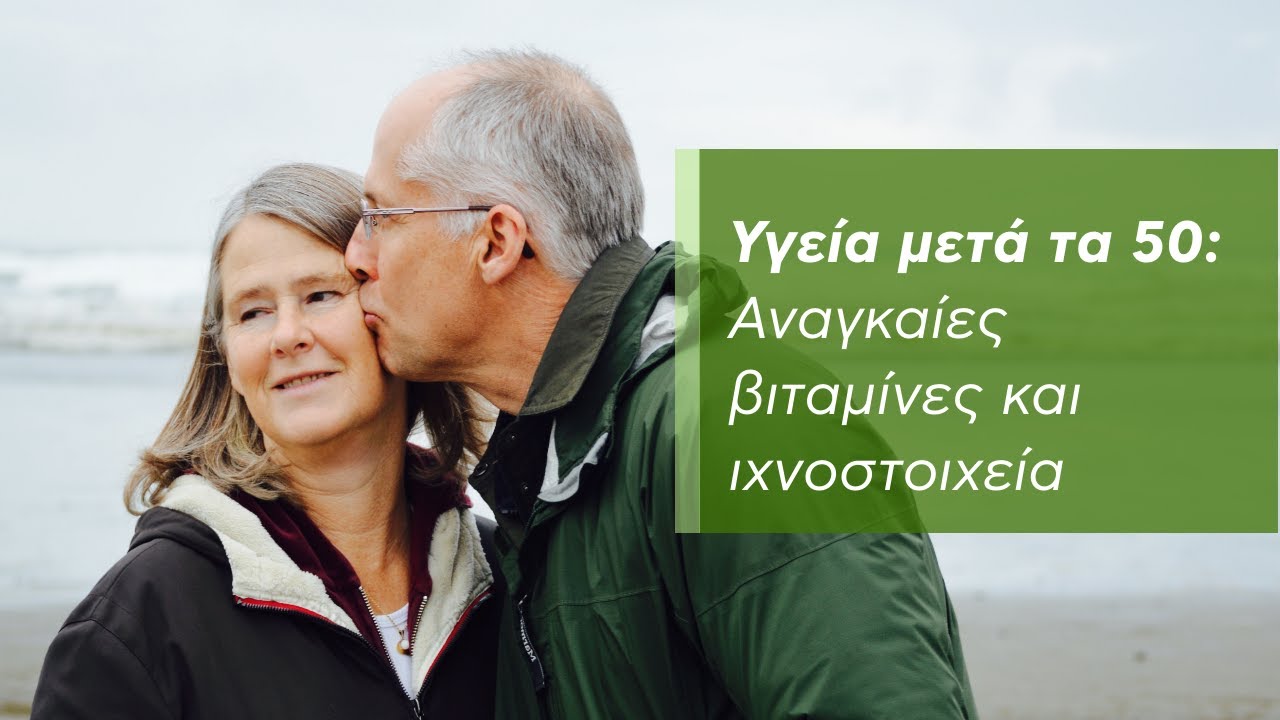
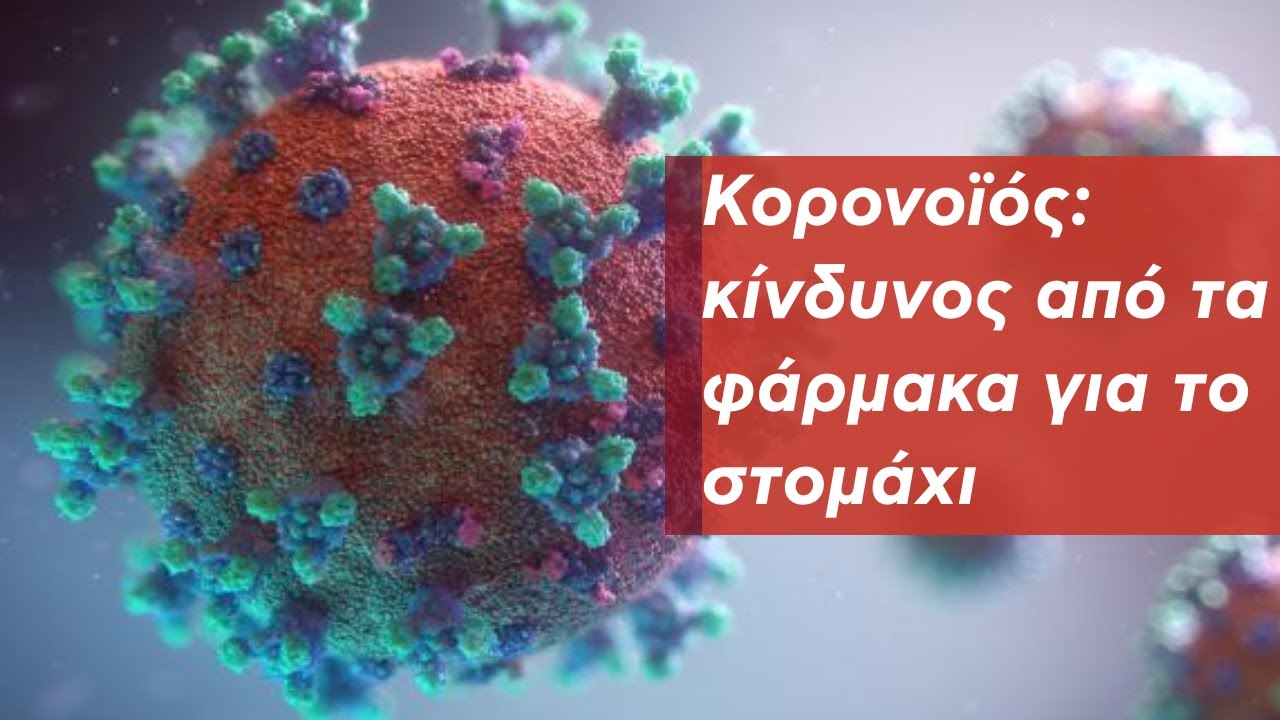
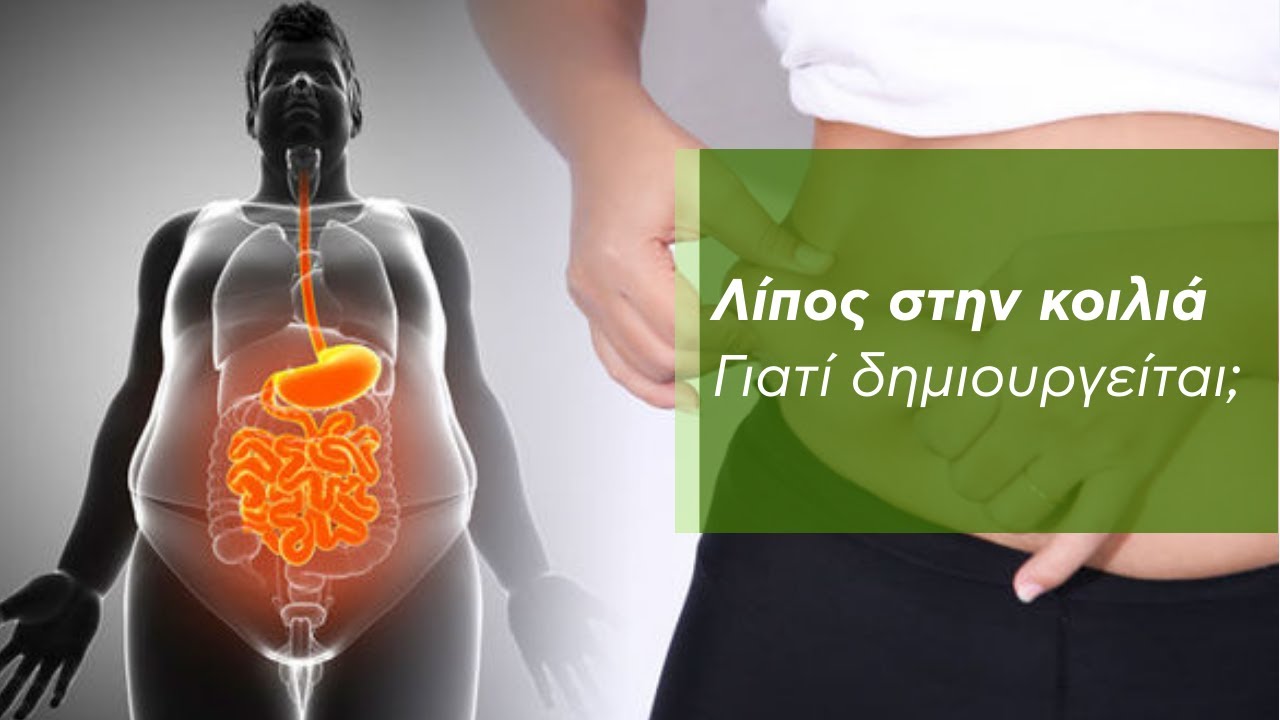
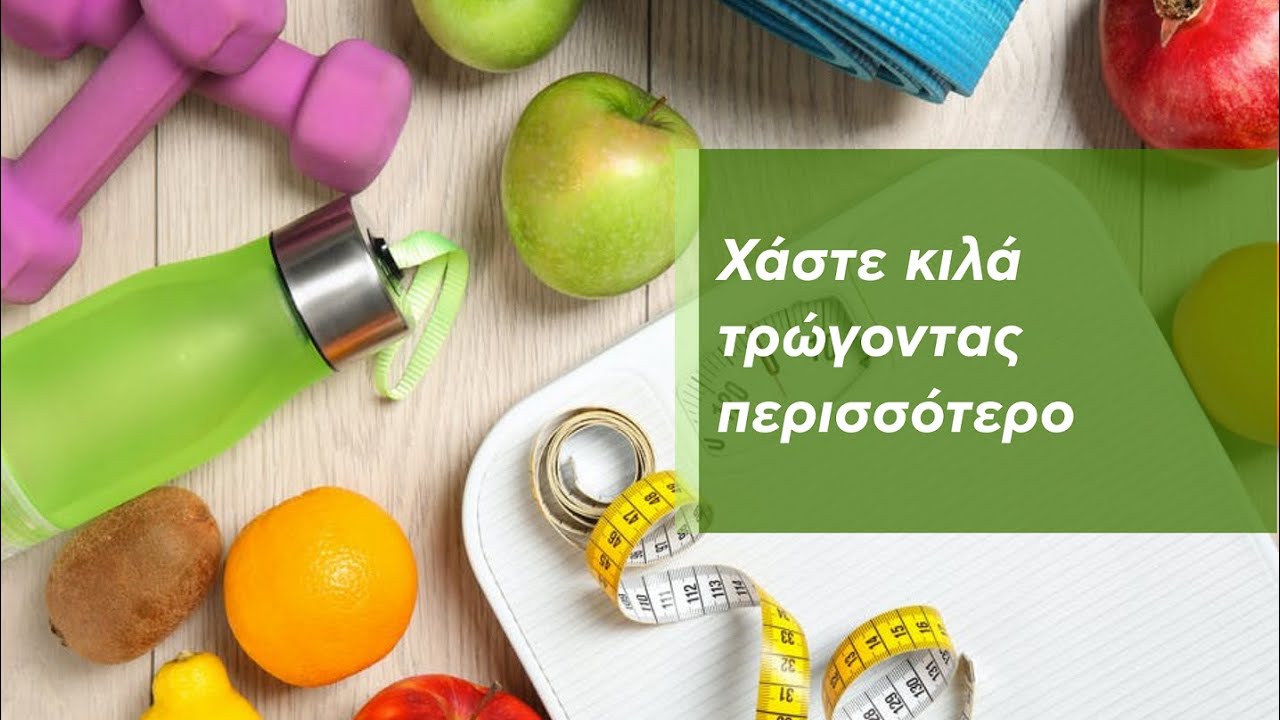
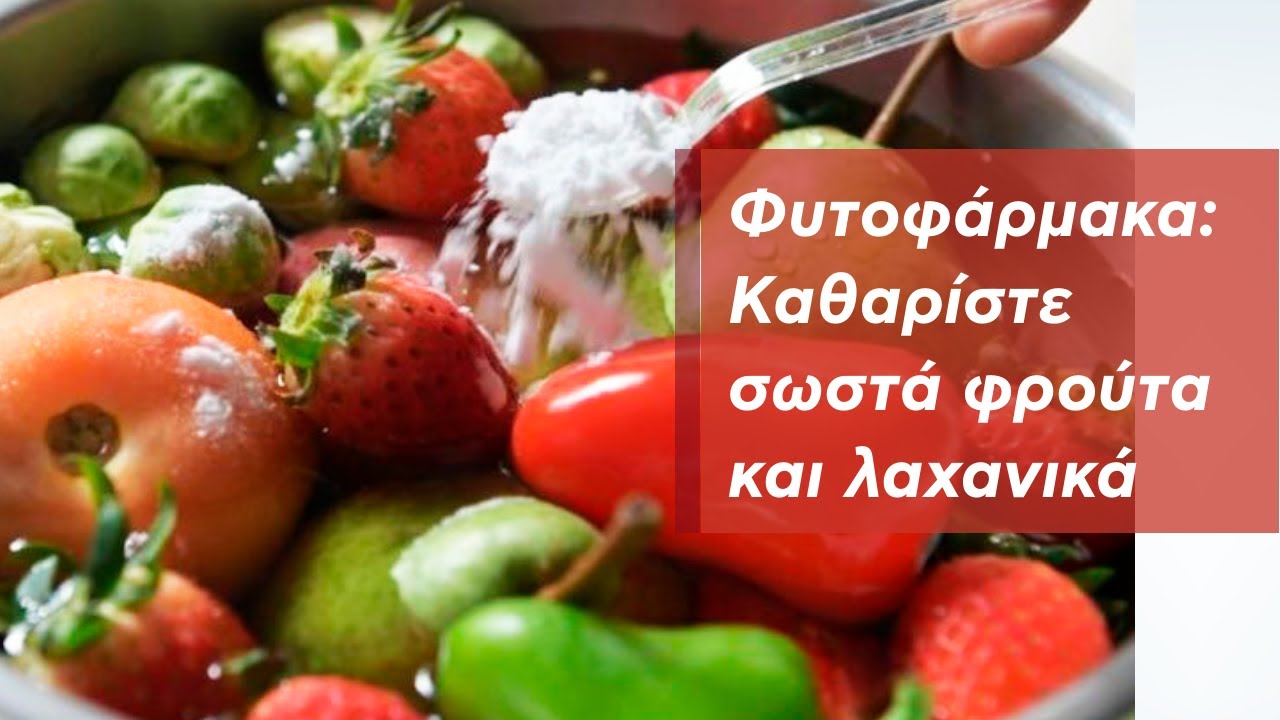
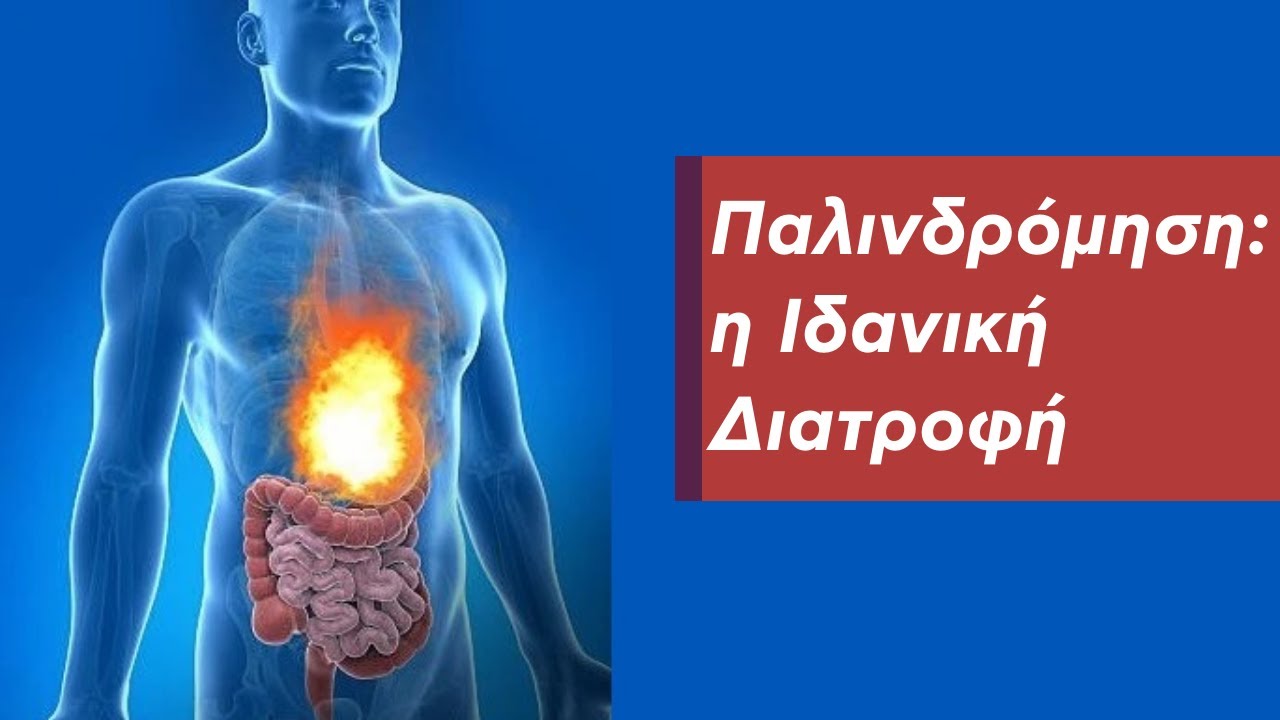
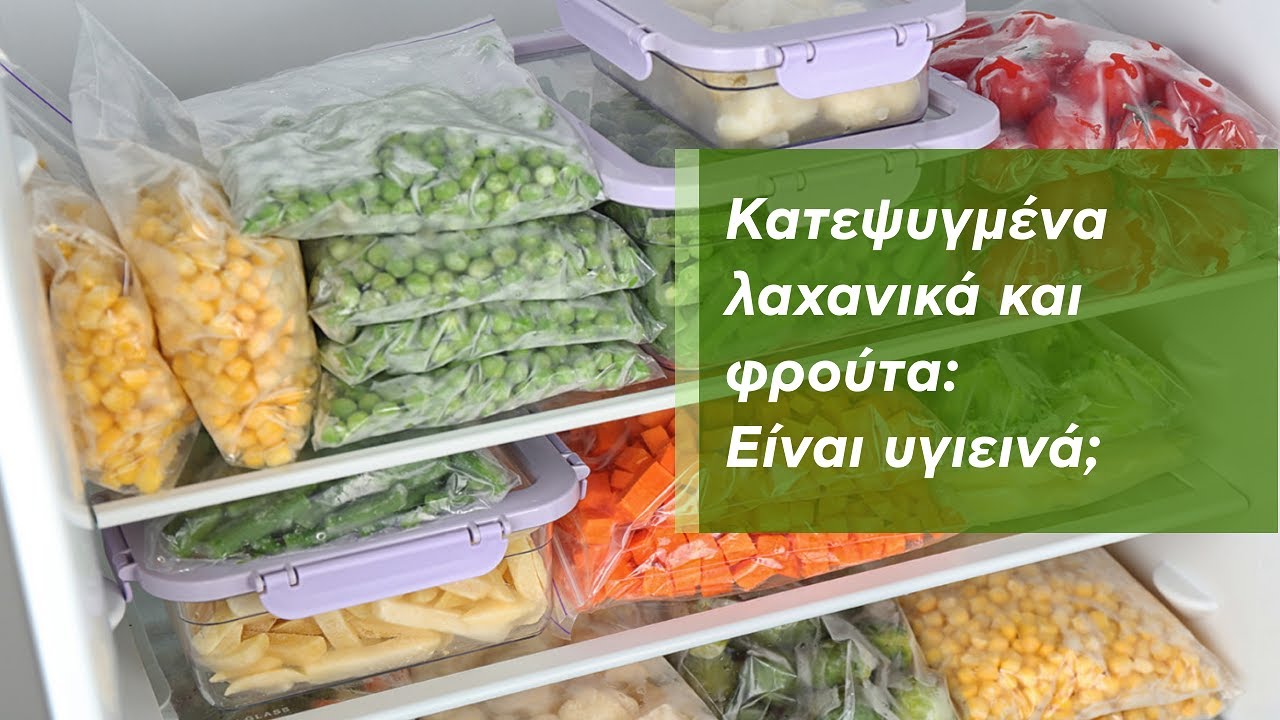
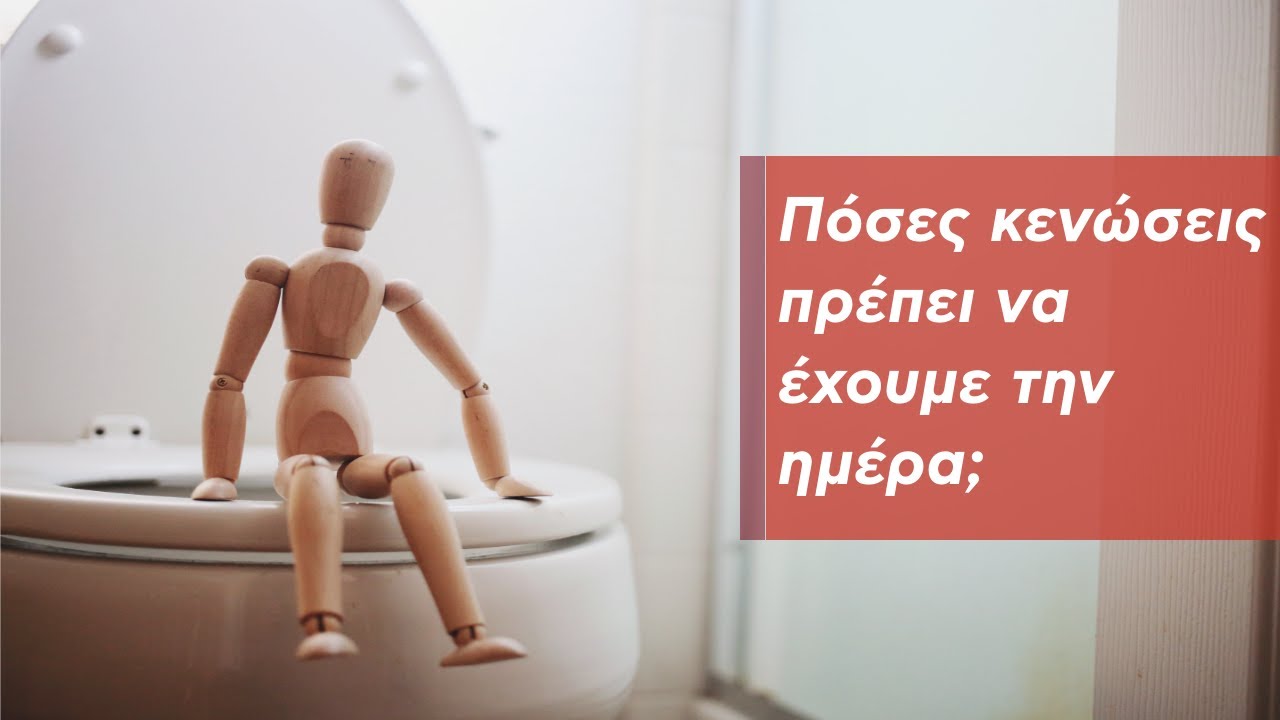
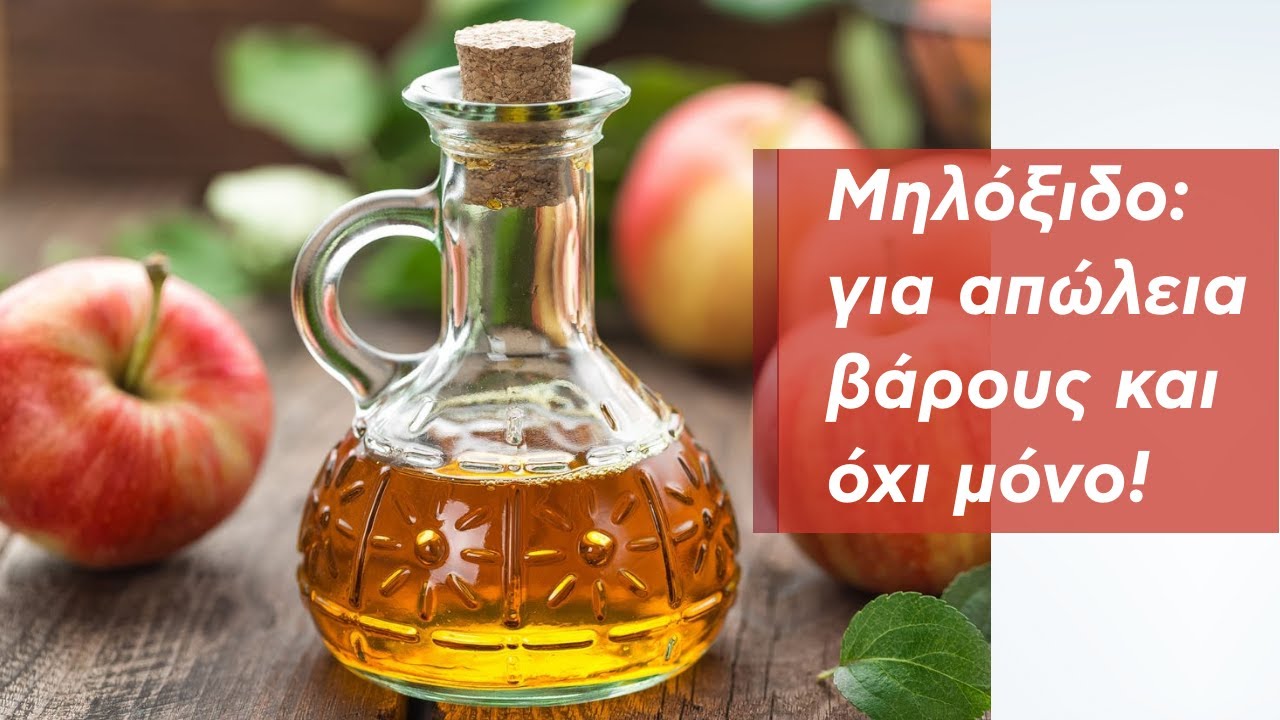
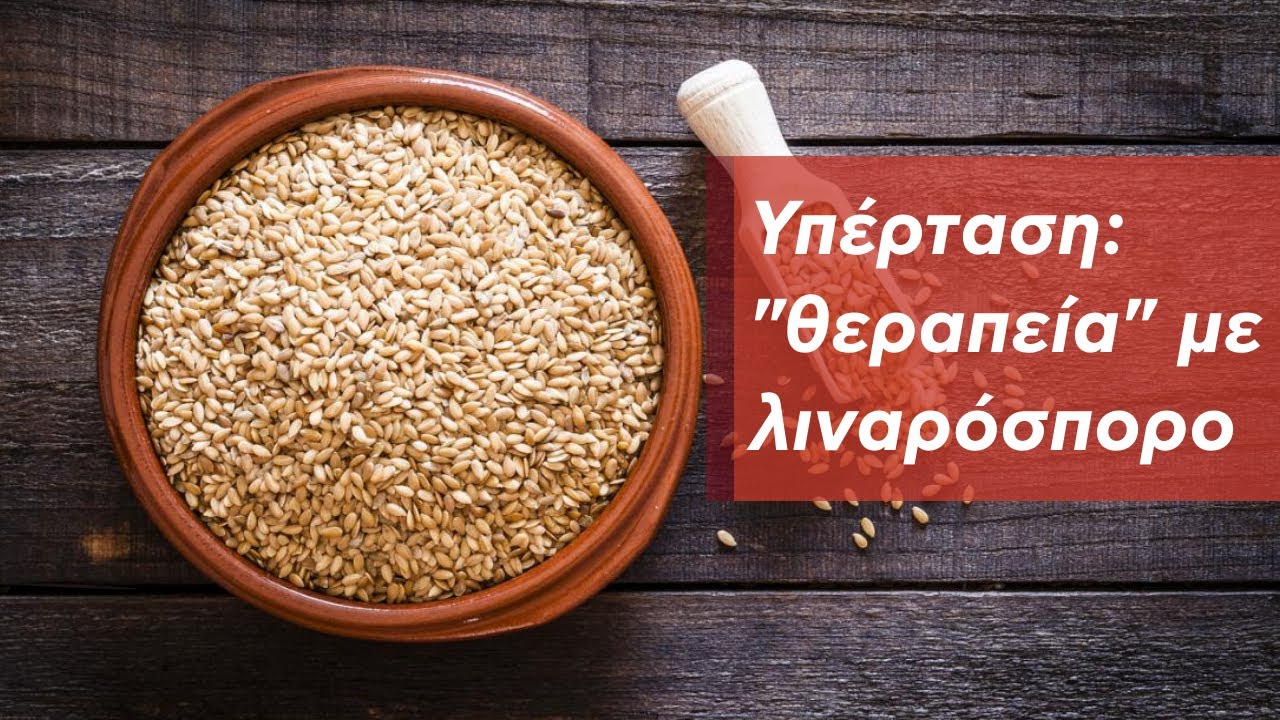
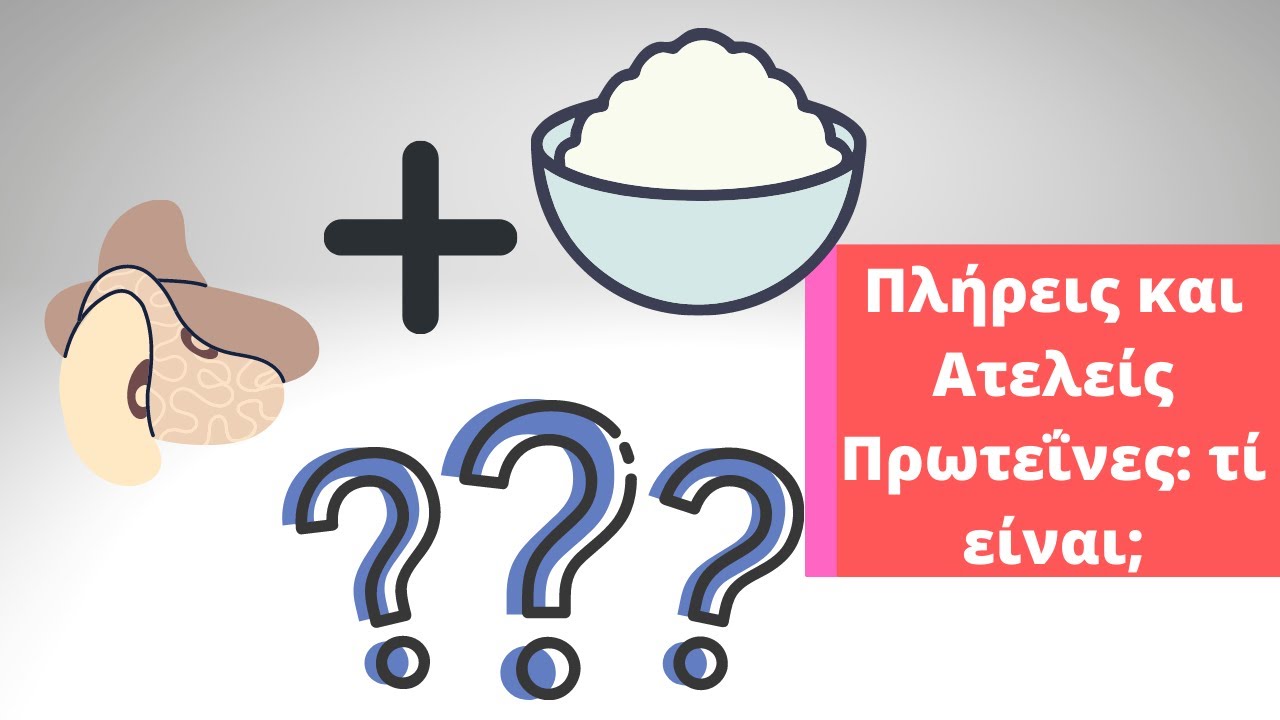
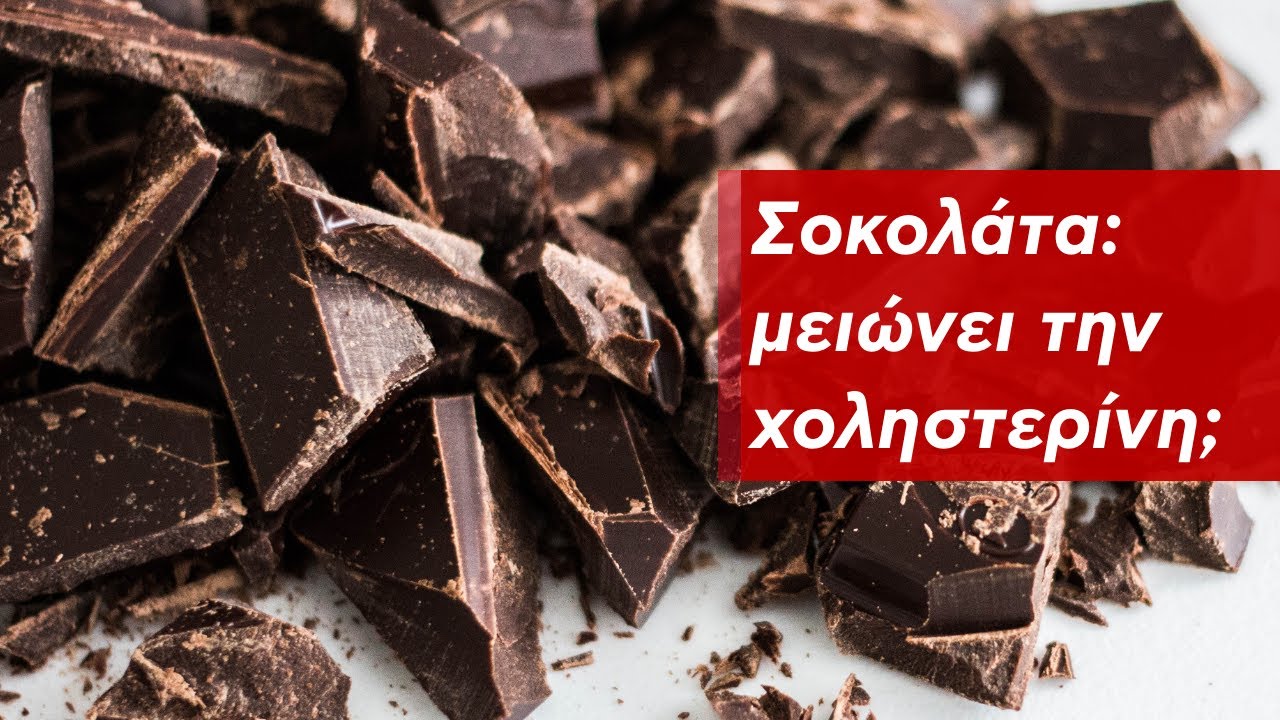
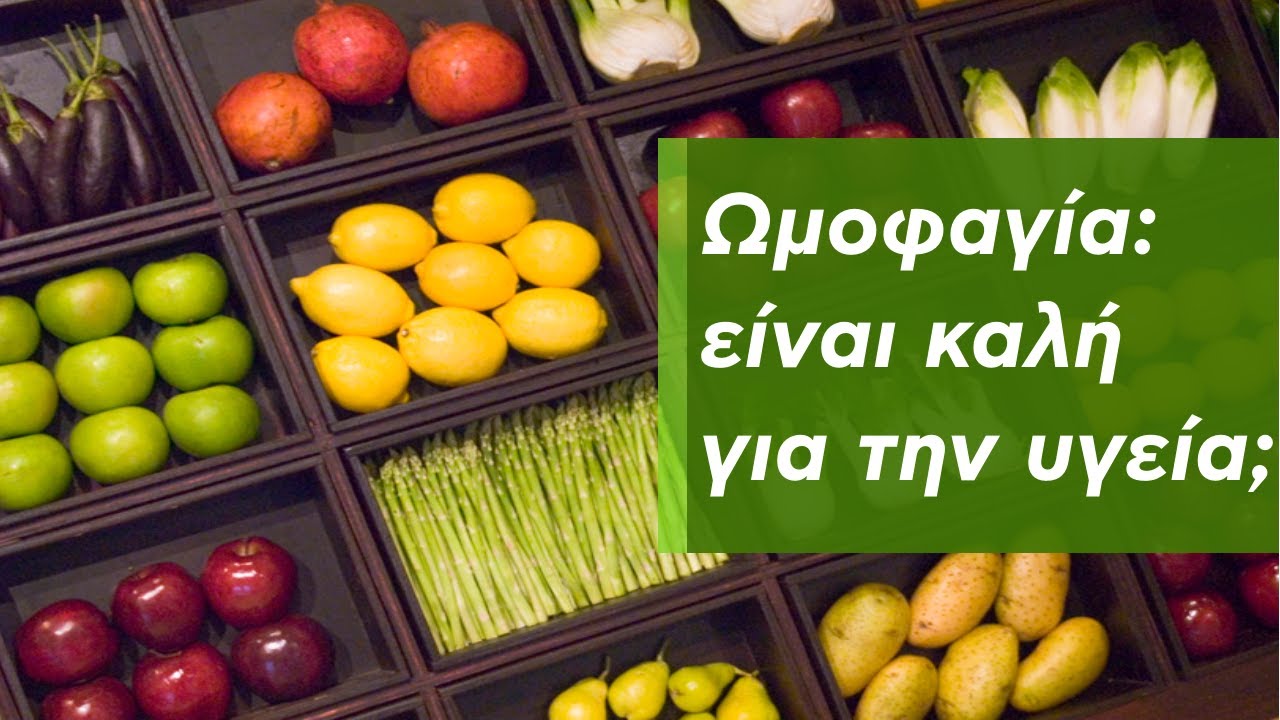

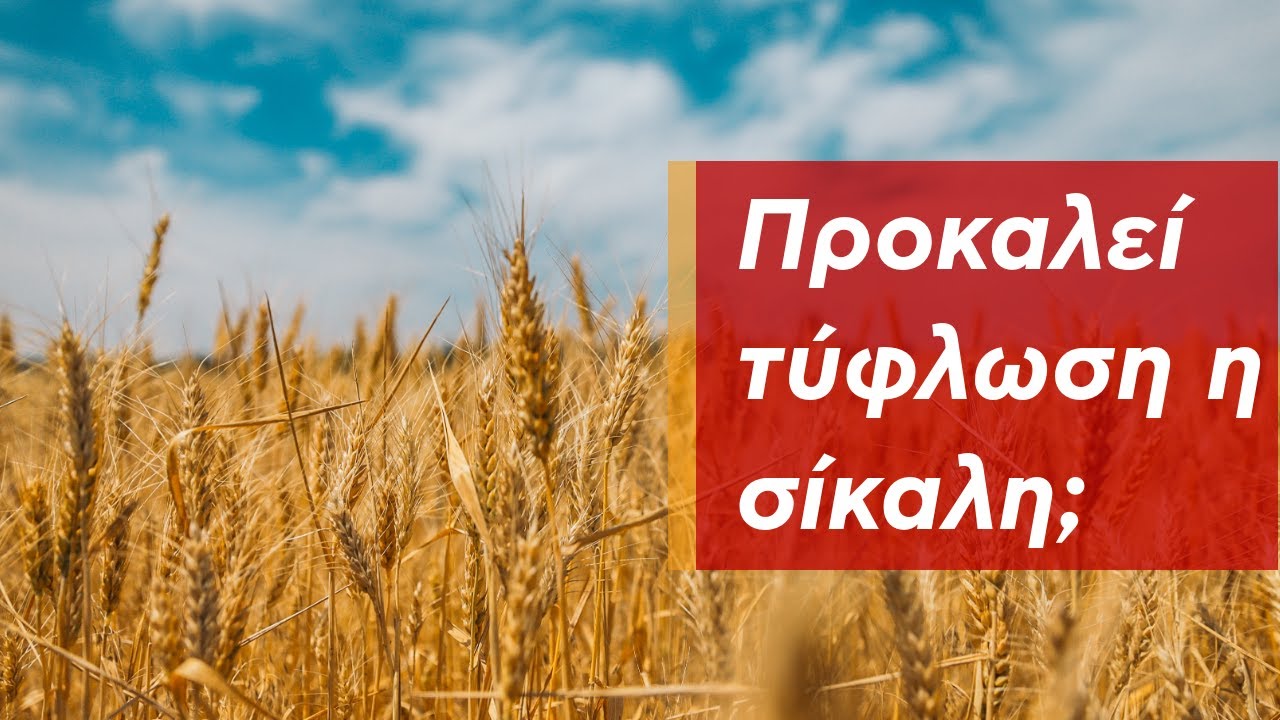
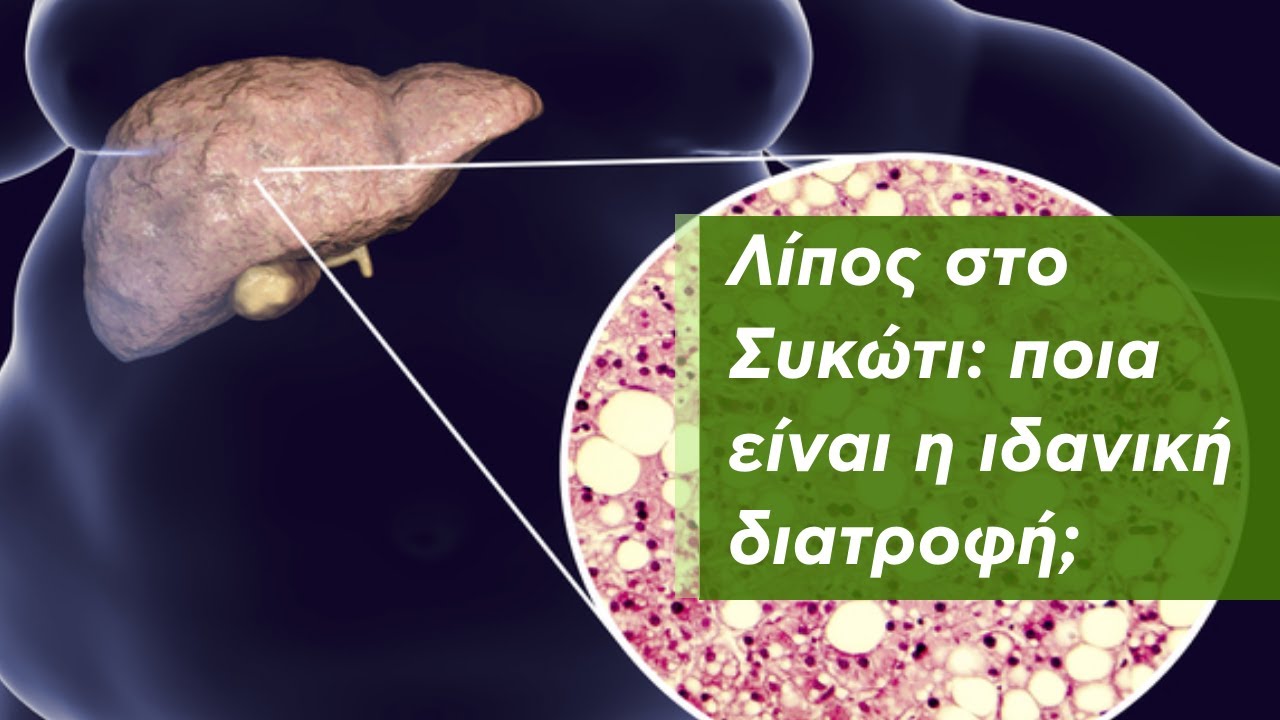
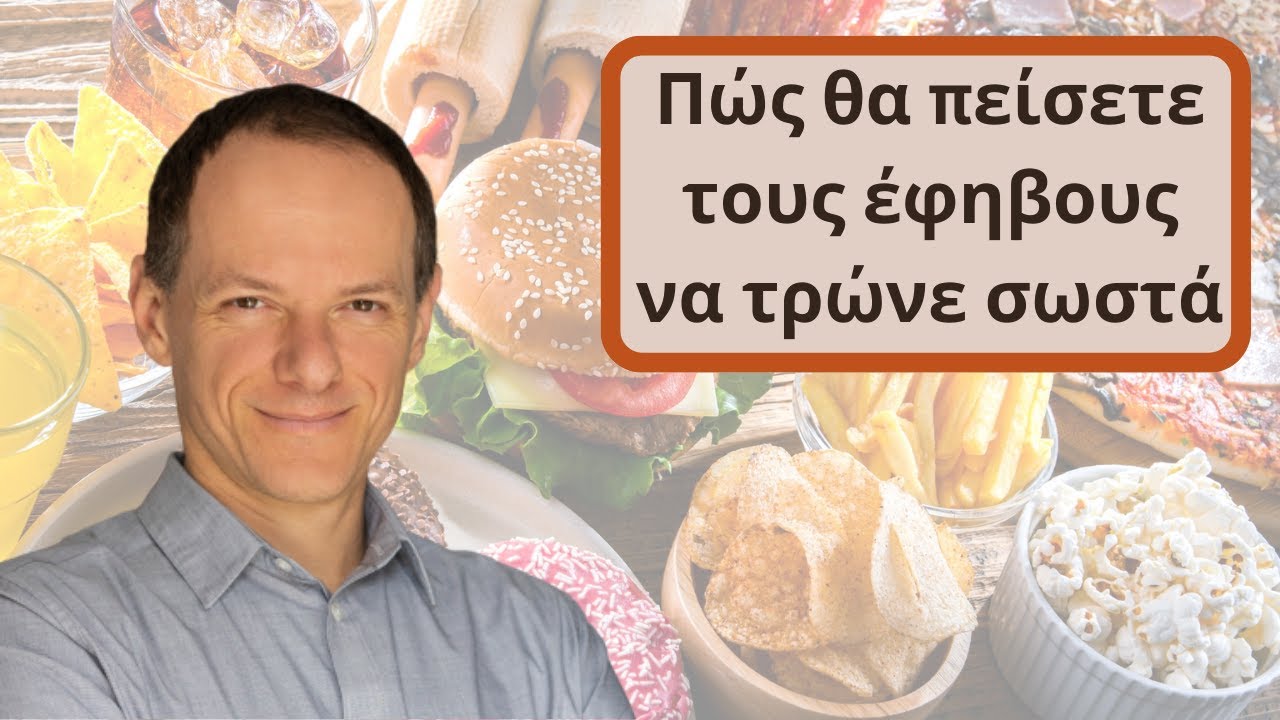



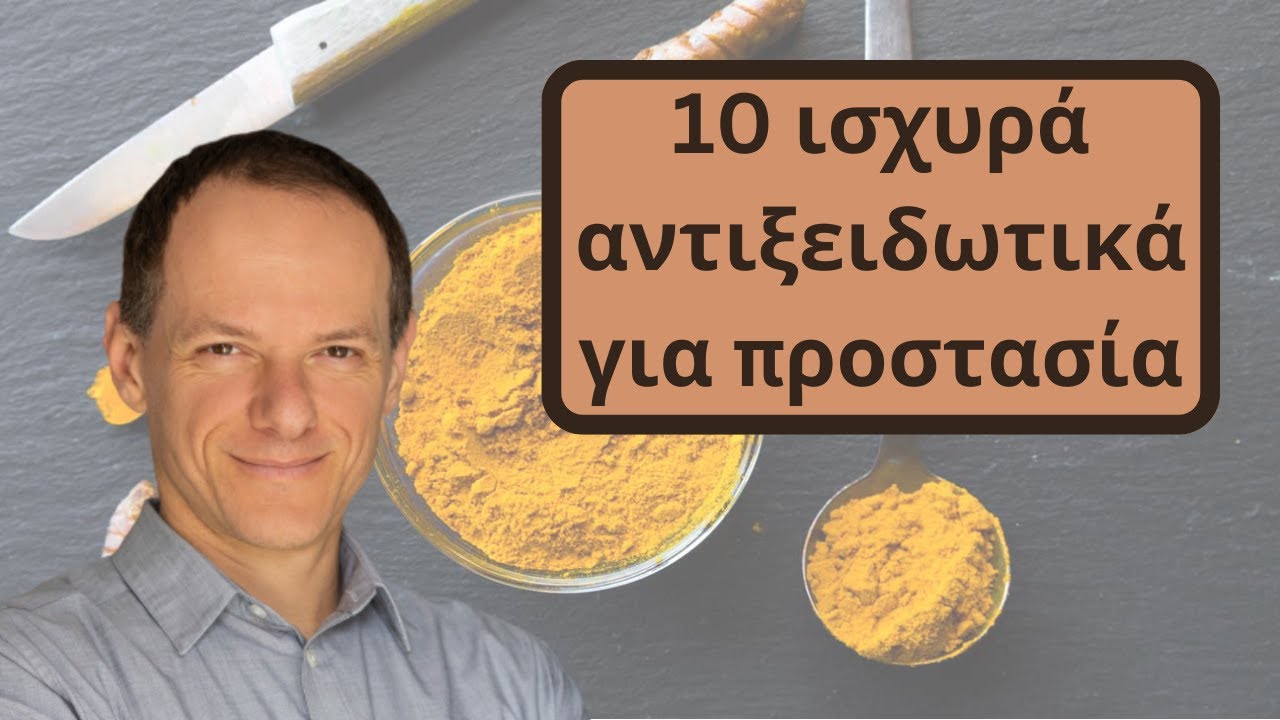
0 Σχόλια